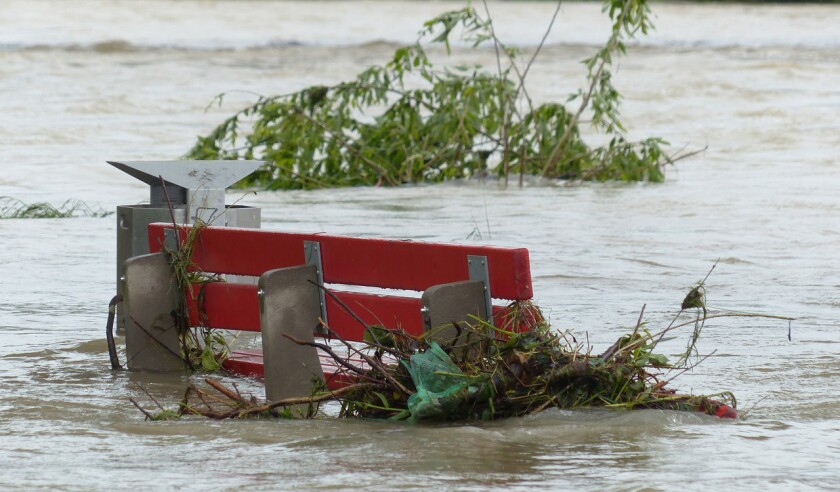The ICA commissioned a study by Deloitte into the operations of the eight insurers that received 99% of all home, motor and small business claims from the A$6bn ($3.8bn) floods that struck in February and March last year.
The incident, known as Cat 221, was the second-largest insured event globally in 2022 and resulted in A$3.34bn in home property claims, A$710mn in home content claims and A$304mn in personal motor claims.
The report identified several external factors that made responding to Cat 221 particularly difficult, including a tight labour market, building-materials constraints, car price and availability, and rental vacancy rates.
The sheer scale of the event was also trying for insurers and exposed vulnerabilities in their claims and complaints processes, the ICA said.
While the association said insurers have already made improvements following the flooding, it added that there is more to be done.
The report recommended insurers improve their catastrophe planning, especially for extreme disasters.
It also said carriers should improve their customer experience during catastrophes through better communication with policyholders and by delivering a consistent experience through claims and complaints handling.
Insurers must also improve workforce planning, resourcing and onboarding during catastrophes, the report said.
The report recommended insurers assess what operational efficiencies could be delivered during catastrophes through process, technology and infrastructure investments.
Improving their ability to capture and use data to understand the impact of various factors on performance during catastrophes would also be helpful, the report said.
The ICA said insurers improve co-ordination with the government to provide faster access to government funding and a consistent approach to recovery efforts, as well as to co-incentivise investment in resilience measures.
Finally, the report said the extraordinary catastrophe definition in the General Insurance Code of Practice should be re-worked as part of an upcoming independent review.
ICA CEO Andrew Hall said: “The number of claims from Cat 221 was more than six times higher than the average received for catastrophes declared since 2016, so it’s not surprising insurers were challenged in their ability to adequately respond to their customers.
“However, insurers acknowledge there were failures of systems, processes and resourcing which impacted some customers as they progressed through their claims process, which was the driver behind the industry proactively reviewing its performance through this event.
“The industry apologises to those customers for whom claims were not handled to the standard the industry strives to achieve, and we are working hard to better prepare for future extreme events.”
The ICA added: “Australia has the conditions to underpin an insurance industry at the global frontier of extreme weather responsiveness.
“Repeated exposure to such events, coupled with established disaster institutions and frameworks, means Australian insurers are well placed to show the world how to respond effectively and efficiently to extreme weather events. This will always need to be weighed up against the cost impacts and keeping insurance affordable.”
The ICA said it would conduct a review on progress with regard to the recommendations and report in the second half of 2024.


